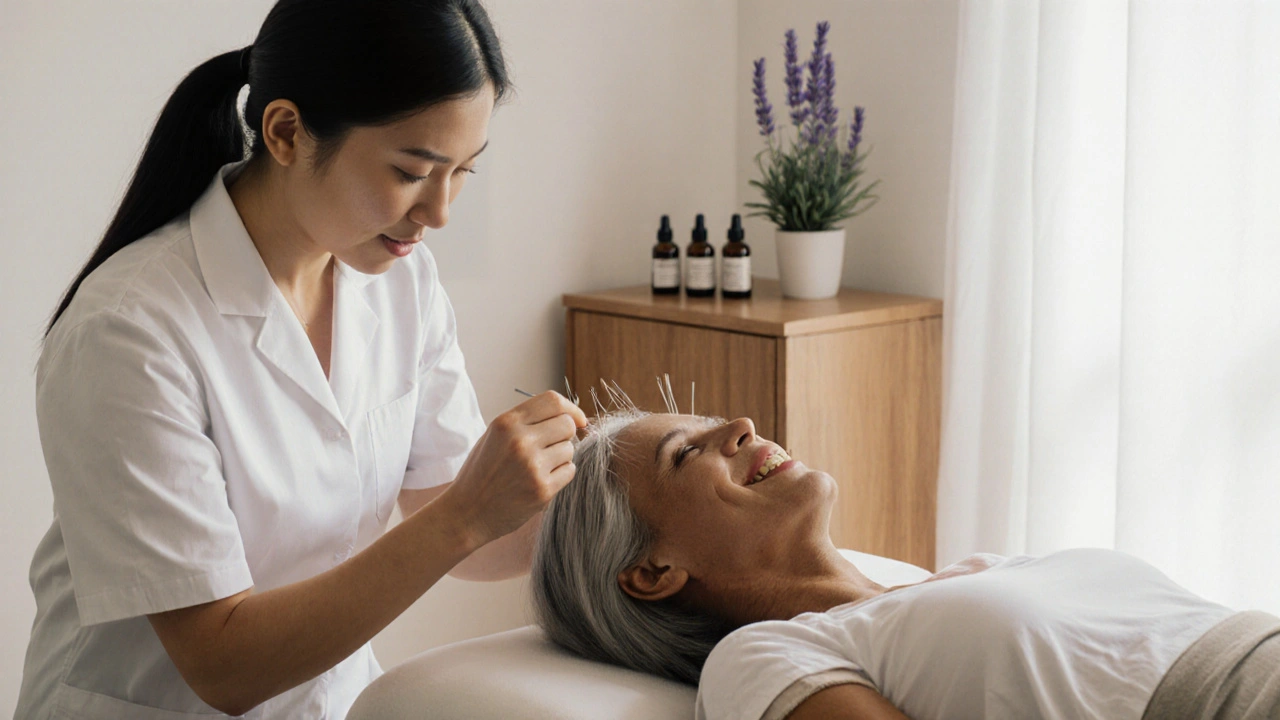First off, any alternative approach must be discussed with a HIV specialist. The reason is simple: ART doses are calibrated to keep the virus below detectable levels; even a slight drop in drug concentration can let the virus rebound. For example, St. John’s wort is known to speed up the metabolism of many protease inhibitors, effectively lowering their plasma levels. On the flip side, some herbs like curcumin have shown modest anti‑inflammatory benefits without clear drug interactions, but the evidence is still preliminary. When you weigh options, think of three pillars: evidence, interaction potential, and personal health goals. Evidence comes from peer‑reviewed studies or well‑designed clinical trials—these are the only sources that can tell you whether a supplement truly adds value. Interaction potential requires a thorough medication review; your doctor can use tools like the HIV Drug Interaction Checker to spot red flags. Personal health goals might include reducing ART side‑effects, improving lipid profiles, or supporting liver health. Each goal may call for a different supplement, but none should replace ART unless a medical professional advises a regimen change. Finally, remember that many alternative therapies are regulated as foods rather than drugs, meaning quality and potency can vary wildly between brands. Choosing a reputable source, checking for third‑party testing, and starting with a low dose are practical steps to keep the experiment safe.
Now, let’s talk about the landscape of research that shapes what we know today. Over the past decade, dozens of clinical trials have examined adjunctive therapies—from omega‑3 fatty acids aimed at reducing cardiovascular risk in HIV patients, to probiotics designed to combat ART‑related gut dysbiosis. Some trials have reported modest improvements in biomarkers, while others found no significant benefit. What matters is that these studies provide a safety net: they identify which alternatives are worth considering and which might do more harm than good. Keep an eye on trial registries like ClinicalTrials.gov; a new study on a plant extract could be recruiting, and participating can give you early access under professional supervision. In the meantime, the articles below sift through the most relevant data, compare popular alternatives, and outline practical tips for anyone curious about venturing beyond standard therapy. Whether you’re looking for a side‑effect mitigation strategy, a way to boost overall wellness, or simply want to understand the science behind the hype, the collection ahead offers clear, actionable information.

Explore how acupuncture, yoga, meditation, herbal supplements and nutrition can support HIV wellness, with safety tips and integration guidance for patients.
View more